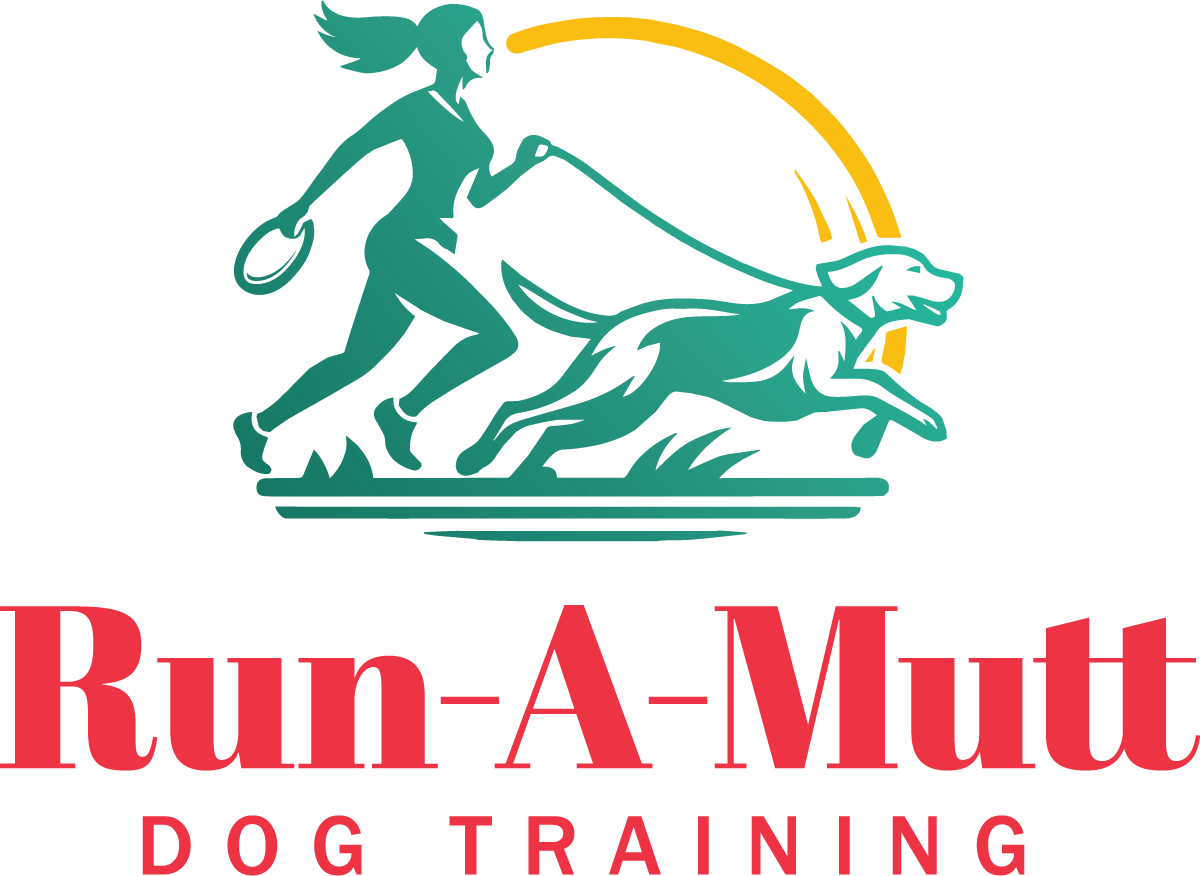Bringing home an adopted dog is an incredibly rewarding experience, but it also comes with its own set of challenges. Whether you’ve welcomed a playful puppy into your family or adopted a loving adult dog, establishing good behavior habits from the start is essential. Here are ten basic training tips to help your adopted dog adjust to their new home and become a well-behaved companion:
Setting Clear Expectations:
Establish Consistent Rules and Boundaries: From the beginning, provide your dog with consistent rules and boundaries. This helps them understand what behavior is expected of them and what is not. Consistency is key, so ensure all members of your household are on the same page.
Positive Reinforcement is Key: Reward your dog with treats, praise, and affection when they exhibit desired behaviors, such as sitting when you ask or coming when called. This positive reinforcement strengthens the connection between the desired behavior and a reward, encouraging them to repeat it.
Building Patience and Communication:
Learning Takes Time: Remember that learning takes time, especially for a newly adopted dog who may be adjusting to a new environment, routine, and people. Be patient and consistent in your training efforts. Celebrate small victories and avoid getting discouraged if your dog doesn’t master a command overnight.
Importance of Socialization: Expose your dog to different people, animals, and environments in a controlled and positive way. This helps them become confident and well-adjusted, reducing fearfulness and potential reactivity in new situations.
Teaching Basic Commands:
Practice Makes Perfect: Teach your dog basic commands like sit, stay, and come using positive reinforcement techniques. These commands provide a foundation for communication and control, making walks and interactions with your dog smoother and safer.
Mastering Leash Manners:
Loose Leash Walking: Proper leash etiquette is essential for both your dog’s safety and your own. Practice loose-leash walking, where your dog walks calmly beside you without pulling on the leash. This improves your walks together and makes them more enjoyable for everyone.
Addressing Unwanted Behaviors:
Preventing Boredom: Keep your dog mentally stimulated with interactive toys, puzzle feeders, and training games. Mental stimulation prevents boredom, reduces destructive behavior, and strengthens your bond through positive interactions.
Creating a Safe Haven:
The Importance of a Safe Space: Give your dog a designated area, such as a crate or bed, where they can retreat and feel safe when needed. This safe space provides a sense of security and comfort, especially during times of stress or excitement.
Seeking Professional Help:
Don’t Hesitate to Ask for Help: If you’re struggling with training or behavior issues, don’t hesitate to seek the help of a professional dog trainer. A qualified trainer can provide personalized guidance and support, helping you build a strong and positive relationship with your adopted dog.
Contact Run-A-Mutt For At-Home Dog Training in Northern Nevada and Lake Tahoe
By following these basic training tips and investing time and patience in your adopted dog’s training, you can set them up for success and build a strong bond based on trust and mutual respect. With love, consistency, and positive reinforcement, your adopted dog will blossom into a happy and well-behaved companion.
